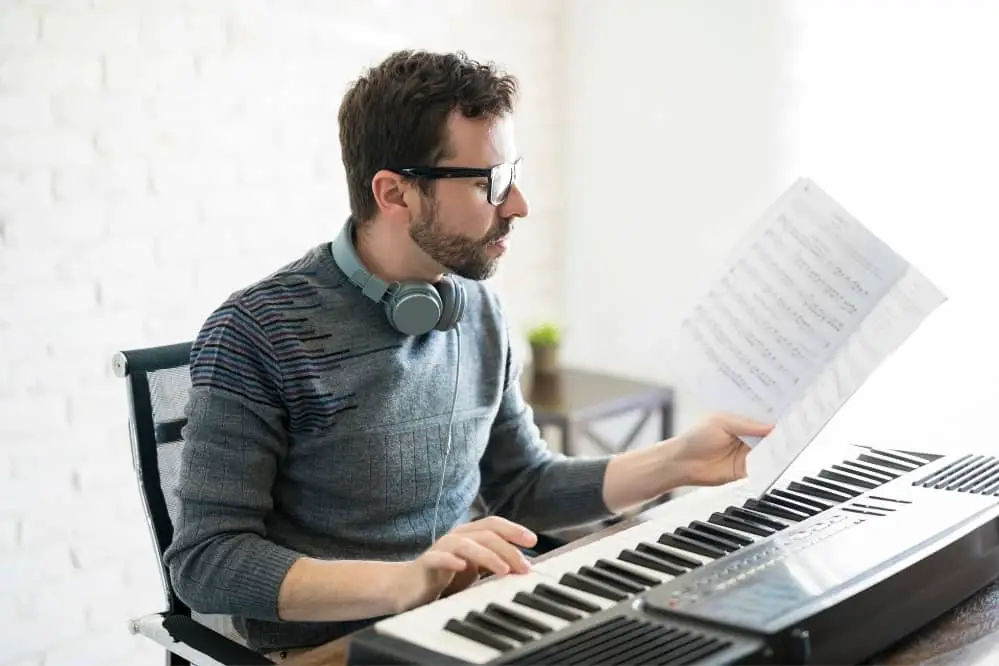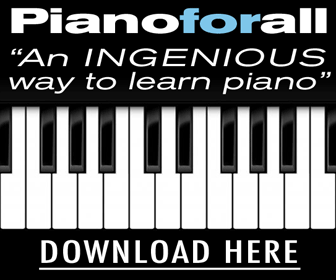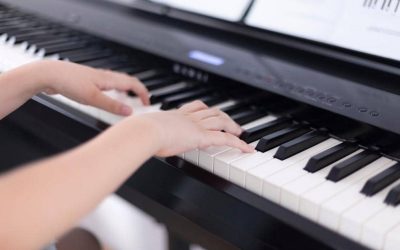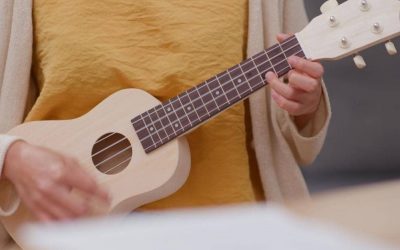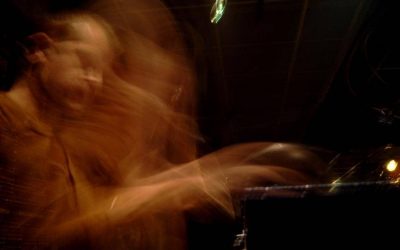Learning to play the piano can be done in one of two ways. Either you can take piano lessons or you can teach yourself. If you cannot read music, teaching yourself becomes more challenging; however, this doesn’t mean that it can’t be done. One of the reasons for this is because when people take piano lessons, they are taught how to read music at the same time they’re learning how to play, which means that you’re learning properly and not haphazardly. In fact, piano teachers claim they can always tell when people have “taught themselves” because their fingerings and their grasp of the music are not as efficient as those who took formal lessons.
Advantage of Reading Music for Piano
Perhaps the biggest advantage of learning the piano and reading music is that you can play any piece of music that is put in front of you. When you’re a musician, you’ll start out by playing easy pieces then build up from there, playing harder and harder pieces the better your skills become. When you play without reading music, this becomes nearly impossible to do because you’ll inevitably reach a point where you cannot go any further. In other words, your skills will reach a certain point and then stop, whereas reading music allows you to shoot for the stars and become as good of a musician as you want to be. There is literally no limit to how good you can get with the piano when you know how to read music.
Yet another advantage is that playing on your own without reading music means you may be learning notes, chords, and other things incorrectly. If you just happen to learn how to play correctly in the future, it can be very difficult to change the way you’re doing things and start playing correctly. It will likely feel awkward and maybe even uncomfortable, but when you learn with lessons and by reading music at the same time, you’ll be learning the proper way to play chords and finger the notes so that it’s earlier to learn and improve your skills from that point forward.
Think of it this way: if you were learning to play the flute or trumpet, you’d have to learn how to properly place your mouth on the mouthpiece in order to make a sound, which would require lessons and an experienced teacher. Otherwise, you wouldn’t be able to make the right sound when you blow because it is difficult to learn these things on your own. With a piano, all you do is press the keys and sound comes out; theoretically, you can play without reading music. Practically, however, it is just not that simple.
Drawback of Playing Piano Without Reading Music
If you’ve ever wondered, can you learn piano without reading music, the answer is a very tentative “yes.” You can teach yourself which key is where on the keyboard and memorize the music you’re listening to in order to play that piece, but if someone puts a piece of sheet music in front of you, you won’t be able to play it. Teaching yourself how to play the piano when you don’t know anything about reading music gives you a very limited experience indeed. Regardless of how much you practice, your skills will be limited and you’ll only be able to do certain things when it comes to playing the piano or any other instrument.
You also have to realize that just because you know what note you’re playing when you press a certain key, this doesn’t necessarily mean that you can teach yourself groups of keys, or chords, without the help of someone who already knows how to play. When you’re learning to play piano without reading music, you’re basically making up chords and fingerings, and those chords and fingerings might be either right or wrong. You won’t know because you’re teaching yourself to play without reading the music in front of you.
Yet another disadvantage of not knowing how to read music when you play the piano is that it becomes nearly impossible to learn different genres of music. Again, if you cannot play the music in front of you, you cannot broaden your horizons and learn to play classical music, contemporary music, or jazz. You are severely limited when it comes to improving your skills and learning new types of music, simply because you cannot read or play the sheet music that sits in front of you. Not only will not reading music stop you from learning new genres and improving your skills, but the skills you do learn will be learned much more slowly instead of allowing you to learn a piece of music quickly and then moving onto the next one.
If you perform live, things can get even more complicated. You’ll need to memorize the music you’ll be playing onstage, which you can do with or without reading music, but if anything changes during the performance or you need to change the key or otherwise alter the song you’re playing, you’ll likely not know how to get started. And if the musicians you’re playing with add a number unexpectedly to the lineup, you’ll be lost for sure, especially because this usually requires new music that you won’t be able to read.
Reading music when you play the piano can have a few disadvantages, such as never learning to rely on your ear to play properly. But as a general rule, the advantages of playing and reading music at the same time far outweigh the disadvantages.

